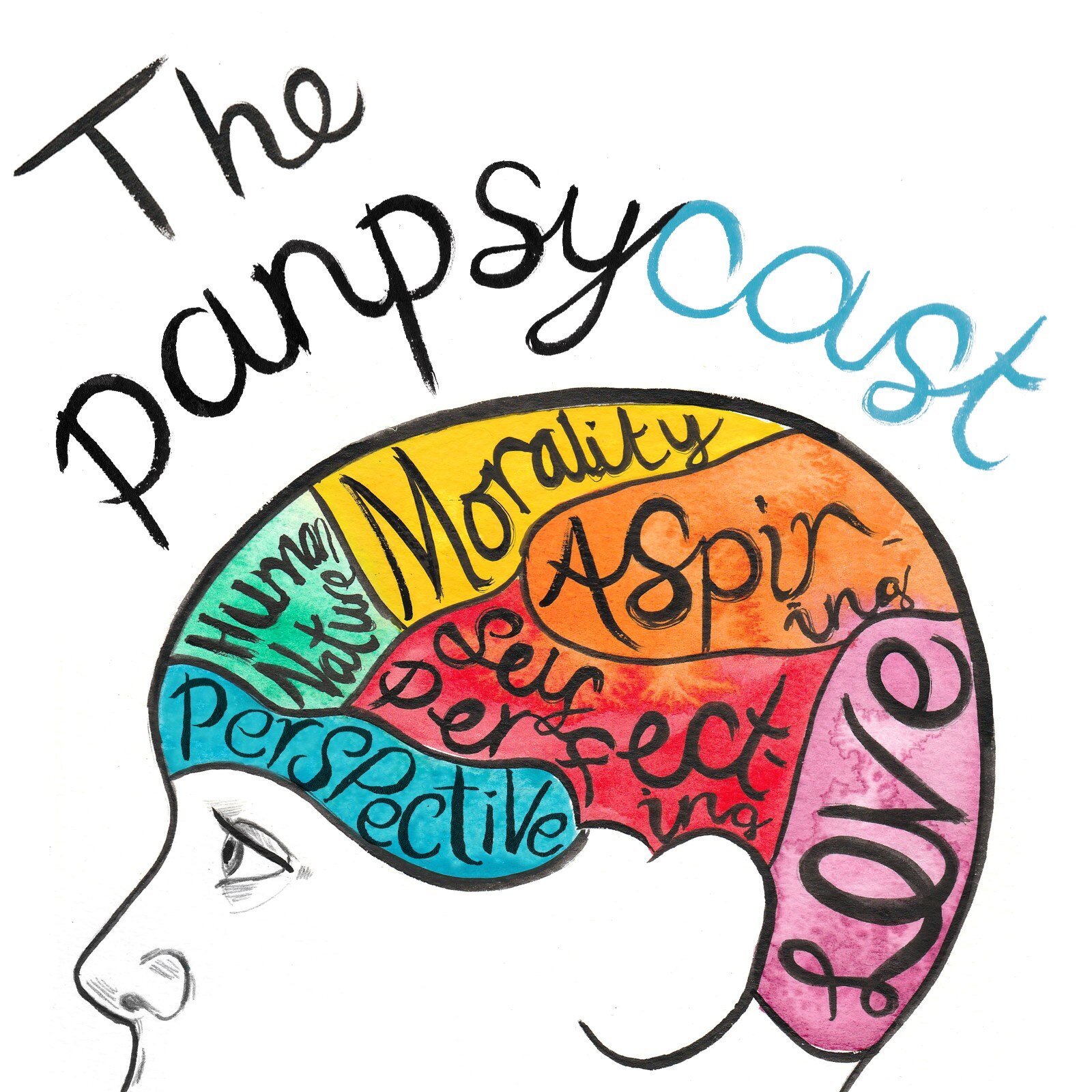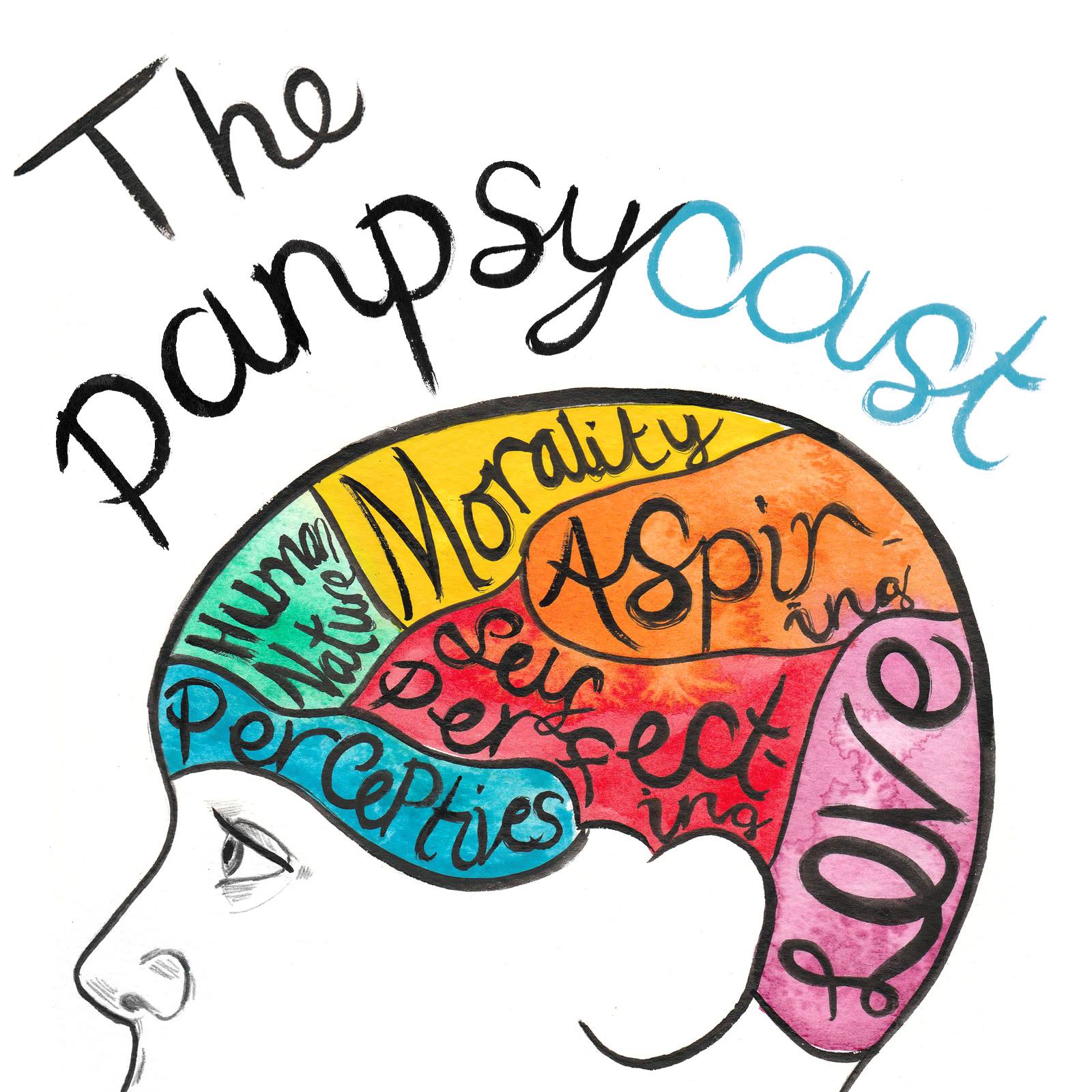Welcome to ‘Episode 128 (Part II of II)’, where we’ll be analysing the role and relevance of gendered affordance perception.
‘The kitchen needs cleaning, but only one of us seems to notice. I mean, he looked straight at the dishes in the sink…and just stacked his dish on top of them. How high does this precarious tower of crockery have to be until he decides to wash the dishes or, more likely, they collapse into an unrepairable heap? I suppose I’ll have to wash them. They won’t get washed otherwise, and I’d rather get them off my mind.’
The unequal distribution of household labour is a familiar concern amongst feminists. Despite the progress in women’s rights and freedoms, women across the world continue to bear the responsibility of domestic chores and childcare. This raises an important question: why do women in monogamous, opposite-sex relationships continue to shoulder a disproportionate amount of housework work despite their political gains?
In this episode, we’ll be exploring this question with two outstanding philosophers of morality and mind: Paulina Sliwa (Professor of Philosophy at the University of Vienna) and Thomas McClelland (Lecturer in Philosophy at the University of Cambridge).
According to Paulina and Tom, our disparities and perception of domestic labour are determined by our feelings, beliefs, and social norms. In other words, the way we perceive the world is radically different. The dishes don’t call out to some – in need of cleaning – in a moment of perception, as they do to others. So what can we do to change this disparity…that is, if it’s in need of changing at all.
The file size is large, please be patient whilst the podcast buffers/downloads/takes out the trashContents
Part I. Affordance Perception
Part II. Further Analysis and Discussion




